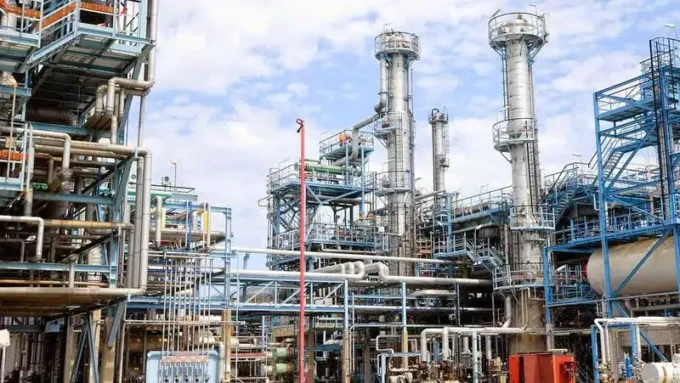German Chancellor Friedrich Merz, who took office in May 2025, faces increasing criticism regarding his economic reforms. Despite launching a €500 billion infrastructure spending plan and various reforms, progress has been slower than expected. Key structural issues such as an inefficient energy sector, heavy regulation, and high taxes remain unaddressed, leading to frustration among economists, investors, and the public. A recent Forsa poll indicated that 61% of Germans anticipate worsening economic conditions, a notable increase from 50% in May, highlighting widespread dissatisfaction with the government’s economic approach.
Internal coalition dynamics complicate reform implementation, particularly the hesitance of the center-left Social Democrats (SPD) to support measures that could undermine workers’ rights. SPD Labor Minister Baerbel Bas’s proposals to amend jobless benefits and work incentives have been criticized as too slow. Rainer Dulger, head of the BDA employers’ association, urged for immediate action, asserting that the government should not procrastinate on necessary decisions.
Despite government initiatives, economic indicators remain poor, with stagnant growth, rising unemployment, and declining industrial output amid tough competition from China. Although there has been a slight improvement in future business sentiment, current conditions present serious challenges.
Further complicating matters, the government’s recent approval of revisions to the supply chain law, rather than a complete repeal, has frustrated stakeholders. Budget constraints have led to power-grid fee reductions that fall short of promises, and electricity tax cuts have been limited to certain sectors. The HDE trade association condemned the government for losing the trust of retailers and consumers by failing to meet its commitments. Overall, only 25% of economists surveyed by Ifo rated the government’s policies positively, emphasizing the need for a comprehensive plan to tackle persistent economic issues.












Wow, Merzs economic plans seem promising, but can they really stand up to the harsh reality? Lets discuss!
I cant believe Merzs economic plans are falling apart. Do you think he should change course or stick to his guns?
I dont buy it! Merzs economic plan seems like wishful thinking. Lets see if it holds up in the real world.
I dont buy it! Merzs economic plans seem too optimistic. Reality check needed ASAP. Time to reassess the situation!
I think Merzs economic plan needs a reality check. Cant just rely on promises, action speaks louder! 💰📉 #JustSaying
I cant believe Merz is still pushing his economic agenda despite the harsh reality. Is he out of touch or just stubborn? 🤔
I wonder if Merzs economic plan will really stand the test of reality. Lets brace ourselves for the twists and turns!